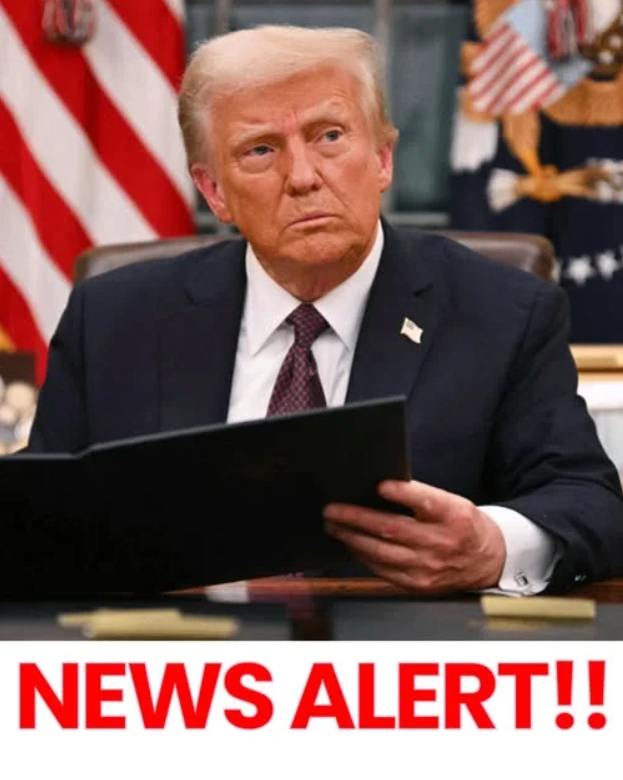Kelly Loeffler’s Senate confirmation as the head of the Small Business Administration is far more than a routine appointment—it is a milestone in the ongoing debate over how best to manage government spending and support American small businesses. With a 52‑46 vote that captured unexpected bipartisan support amid deep partisan divisions, this confirmation serves as a powerful symbol of the contrasting visions that now define American political discourse.

For Republicans, Loeffler’s appointment reinforces the message that aggressive reform measures are necessary to eliminate waste and inefficiency within federal agencies. Her background in business, her commitment to slashing red tape, and her promise to donate her salary all underscore a vision of government that is lean, efficient, and driven by market‑friendly policies. This narrative, championed by figures such as President Trump and Elon Musk, is designed to appeal to voters frustrated by what they see as bureaucratic excess and fiscal mismanagement.
For Democrats, the vote is a stark reminder of the challenges they face in articulating a cohesive and progressive vision for federal spending. The internal divisions highlighted by the 46‑vote opposition point to a broader struggle over how to balance fiscal responsibility with the need to protect essential public services. As the 2026 midterm elections approach, these ideological battles will play a decisive role in shaping the future of American governance.